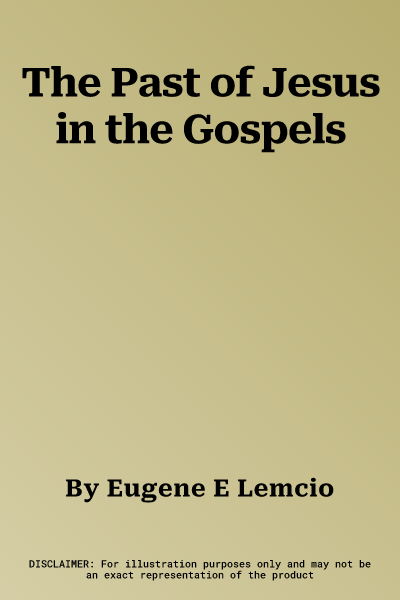The aim of this study is to show that the Evangelists, to an extent
hitherto unrecognized, wrote narratives which set out to distinguish
Jesus's time from their own. Such an effort, Professor Lemcio explains,
went beyond their merely putting verbs in past tenses and dividing their
accounts into pre- and post-resurrection periods. Rather, they took care
that terminology appropriate to the Easter appearances did not appear
beforehand, and that vocabulary used prior to Easter fell by the wayside
afterwards. The author shows that words common to both eras bear a
different nuance in each, and that the idiom used is seen to suit the
time. These are not routine or incidental expressions, but reveal what
Jesus the protaganist and the Evangelists as narrators believed about
the Gospel, the Christ, the messianic task, and the nature of salvation.
This much becomes apparent from a study of the internal evidence, and by
next turning to data outside the Gospels, the author attempts to show
how biographical and historical writings of the ancient world may prove
useful in separate efforts to reconstruct the course of Jesus's life.
Lemcio shows how expectations for idiomatic and linguistic
verisimilitude in Graeco-Roman historical and biographical writing were
met and often exceeded by the Evangelists. His study thus makes a
valuable contribution towards our understanding of the literary art of
the Gospel narratives, and highlights a literary sensitivity on their
writers' part which has failed to receive the critical attention it
deserves.

